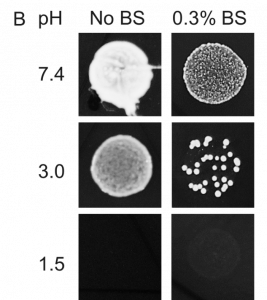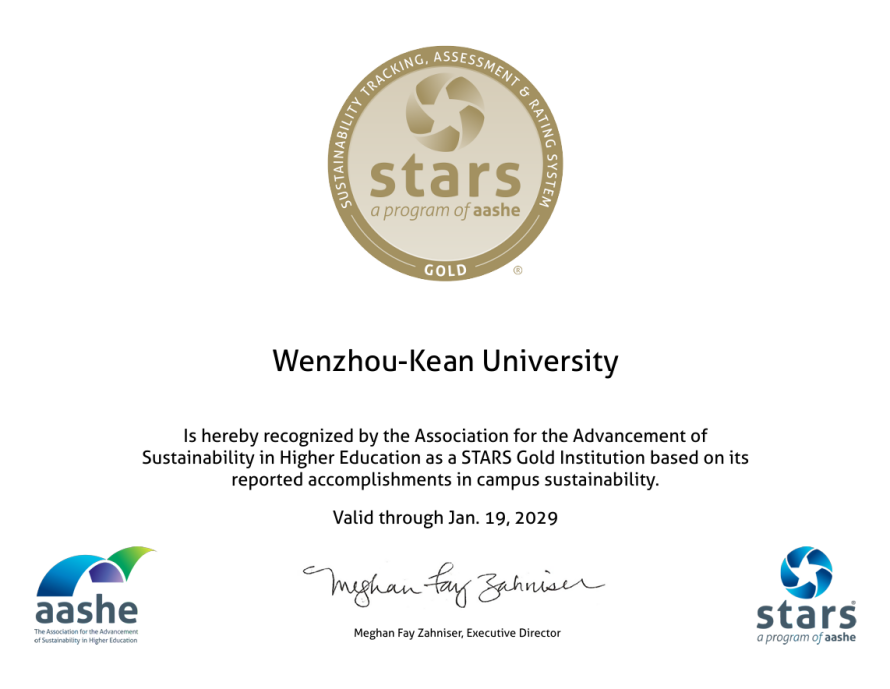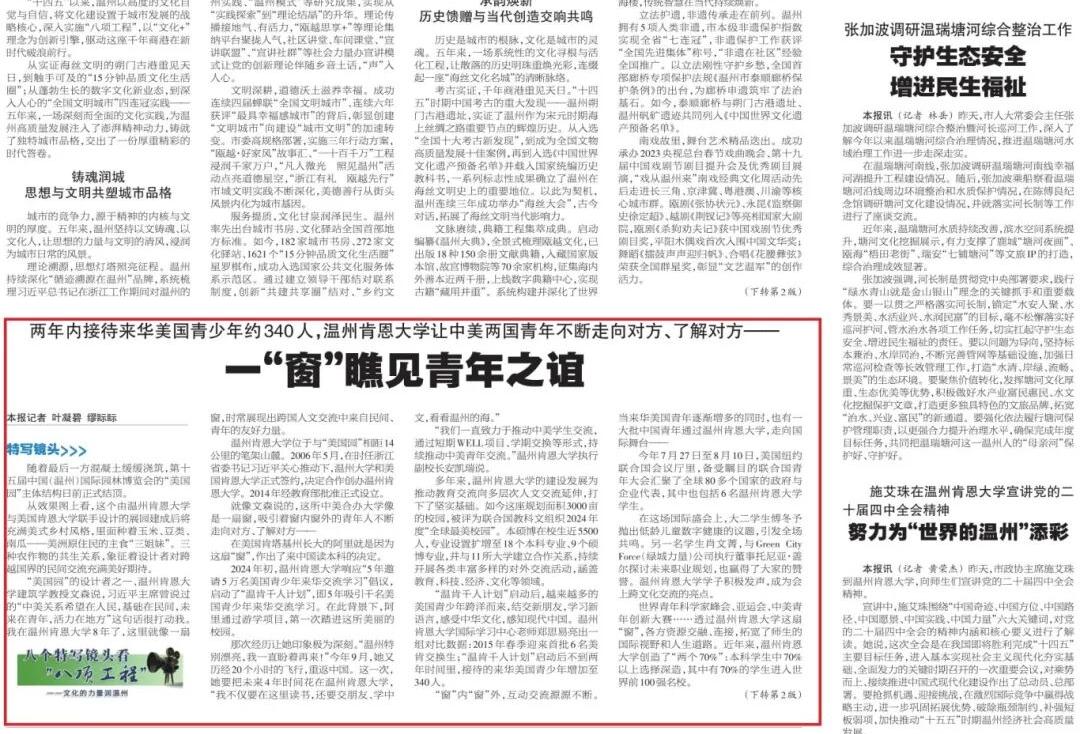WKU Biology Professor conducts research with students on antibiotic resistance
In his lab at Wenzhou-Kean University, Dr. Aloysius Wong, Assistant Professor of Biology recently concluded and published a study on negative side-effects of probiotic bacteria that are widely used in a variety of “health foods.” Benefiting from an institutional Students partnering with Faculty (SpF) research grant, Dr. Wong and two of his students, Min Zheng and Ruijia Zhang, embarked on a project to explore some of the undesirable side-effects that may occur.
Probiotic bacteria are known to harbor mobile genes that confer resistance to a wide variety of antibiotics. Their high amounts in dietary supplements can establish a reservoir of antibiotic-resistant genes in the human gut. These resistant genes can be transferred to pathogens that share the same intestinal habitat, thus resulting in serious clinical ramifications. While antibiotic resistance of probiotic bacteria from food, human and animal sources have been well-documented, the resistant profiles of probiotics from dietary supplements have only been recently studied. Dr. Wong recognized the challenge, studied the issue in the lab, and published the results in Frontiers in Microbiology, with both Zhang and Zheng – both majoring in Accounting, but students with great passion and interest for Biology – as lead authors (see http://journal.frontiersin.org/article/10.3389/fmicb.2017.00908/full).
Their work focused on these products that are consumed with increasing regularity due to their health claims. These include claims that they improve intestinal health and immune response as well as prevent acute and antibiotic-associated diarrhea and cancer. But, a comprehensive risk assessment on the spread of resistant genes to human health is lacking. The research team highlights recent reports of antibiotic resistance of probiotic bacteria isolated from dietary supplements, and proposes complementary strategies that can shed light on the risks of consuming such products for a globally widespread antibiotic resistance. Thus, together with a broader screening of antibiotic resistance in probiotic supplements is the use of computational simulations, live imaging, and functional genomics to gain knowledge on the evolutionary behavior, adaptations and dynamics of probiotics studied in conditions that best represent the human gut including in the presence of antibiotics. The underlying goal their research is to enable the health benefits of probiotics to be exploited in a responsible manner and with minimal risk to human health.






- Wenzhou-Kean University Spearheading Sustainability in Higher Education in Asia and in China, Awarded the AASHE STARS Gold-Certified in Sustainability

- Media Report | Wenzhou Daily: A Window into Friendship Between Chinese and U.S. Youths Wenzhou-Kean University Welcomes 340 Young Americans in Two Years

- WKU Student wins first prize in a national English speech contest: What is his answer to the value of boredom?


